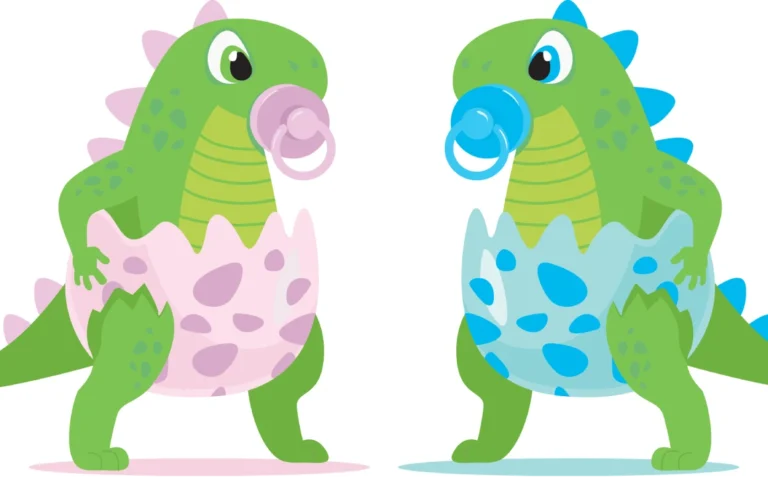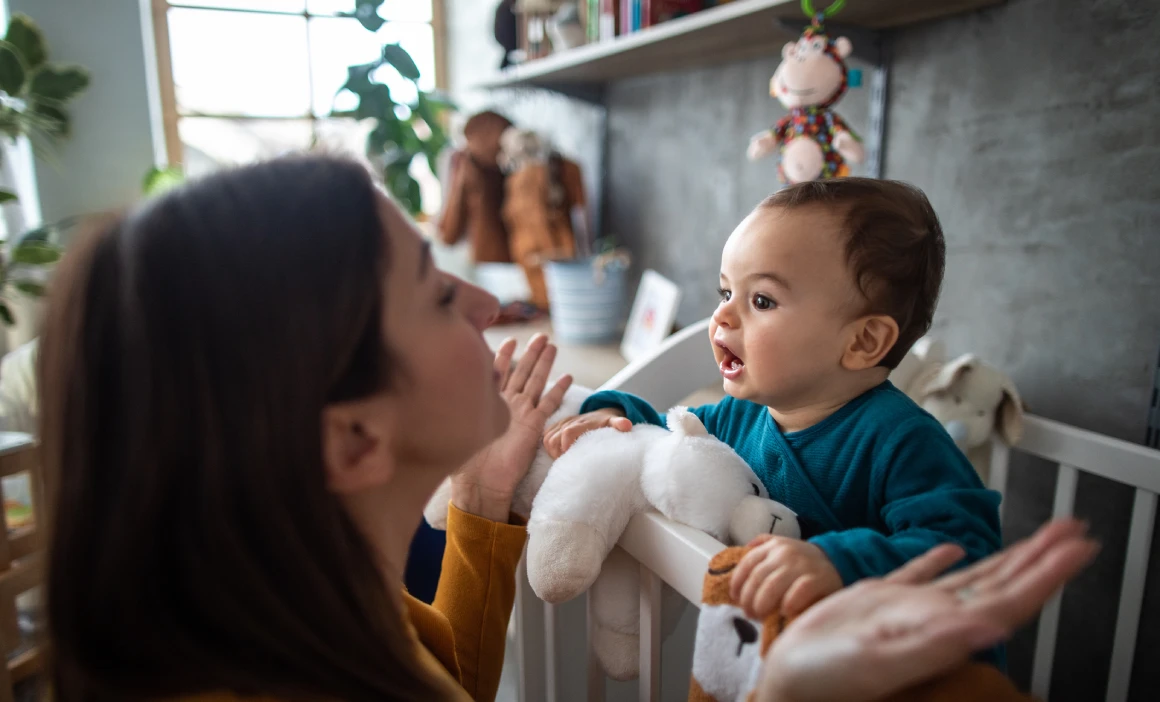
How to Improve Baby Sleep: Tips for a Restful Night

Cradle of Nutrition
- 5 minutes read
Ensuring your baby gets enough sleep is crucial for their health and development. A well-rested baby is not only happier, but they also grow, learn, and thrive more effectively. However, as many parents know, helping your baby sleep soundly can be a challenge. With patience, consistency, and an understanding of the sleep needs of your baby, you can create a calming environment to promote better sleep. Here are some practical tips to help your baby sleep better and create a restful environment.
1. Establish a Consistent Bedtime Routine for Your Baby
Babies thrive on routine. A consistent bedtime routine will help signal to your baby that it’s time to wind down and prepare for sleep. This routine makes your baby feel secure and relaxed, promoting easier sleep transitions. Here are some ideas for a bedtime routine:
- Warm bath: Helps relax muscles and prepare your baby for sleep.
- Gentle baby massage: Calm your baby with a soothing touch.
- Lullabies or calming music: Set a peaceful atmosphere.
- Final feeding or cuddling: Comfort your baby before sleep.
Consistency is key! Perform these activities in the same order every night to create a calming ritual that signals bedtime.
2. Create a Sleep-Friendly Environment for Your Baby
A calm and comfortable sleep space is crucial for better sleep. Consider the following tips to optimize your baby’s sleep environment:
- Lighting: Keep the room dim or use a soft nightlight to create a soothing atmosphere.
- Noise: White noise machines or a fan can help block out background noise, promoting restful sleep.
- Temperature: Maintain a comfortable room temperature between 68-72°F (20-22°C).
- Safe sleep surface: Make sure your baby sleeps on a firm mattress, free from pillows, blankets, or stuffed animals. This reduces the risk of suffocation or Sudden Infant Death Syndrome (SIDS).
3. Swaddle Your Baby (For Newborns)
Swaddling can help newborns feel secure and comforted, mimicking the snugness of the womb. Swaddling also helps babies sleep better, but it must be done safely:
- Use breathable, lightweight fabrics to avoid overheating.
- Ensure the swaddle is snug around the chest but allows enough room for the hips to move.
- Stop swaddling once your baby shows signs of rolling over to ensure safety.
Swaddling can be a great way to help your newborn sleep soundly, but always follow safety guidelines.
4. Follow Safe Sleep Guidelines to Reduce Risks
For your baby’s safety, always follow the ABC’s of safe sleep:
- Alone: Your baby should sleep alone in their crib or bassinet—no co-sleeping.
- Back: Always place your baby on their back to sleep. This reduces the risk of Sudden Infant Death Syndrome (SIDS).
- Crib: Ensure your baby sleeps in a safe crib with a firm mattress, free from loose bedding.
These simple guidelines can significantly reduce the risk of sleep-related accidents.
5. Watch for Sleep Cues and Avoid Overtiredness
Babies often give subtle cues when they are ready for sleep, such as rubbing their eyes, yawning, or becoming fussy. Learning to recognize these signs can help you put your baby to sleep before they become overtired. An overtired baby can become harder to settle and may have trouble falling asleep.
6. Napping Outdoors: The Benefits of Fresh Air
Everything your baby experiences during the day can affect their nighttime sleep. Napping outdoors is a beneficial habit that can improve your baby’s sleep. Fresh air, natural light, and a change of scenery can help regulate your baby’s internal clock. This can make it easier for your baby to sleep longer and more soundly at night. A short outdoor nap in the stroller can be a great way to promote better sleep.
7. Encourage Self-Soothing for Better Sleep Habits
As your baby grows, they will start to develop the ability to self-soothe, which means they can fall asleep on their own without being rocked or fed to sleep. Encouraging self-soothing early on will help your baby develop independent sleep habits, which are essential for better sleep.
To encourage self-soothing:
- Put your baby to bed while drowsy but awake. This allows them to learn how to fall asleep on their own.
- Resist picking up your baby immediately when they fuss. Give them a chance to settle themselves.
Self-soothing may take time, but it’s a valuable skill that will help your baby develop healthy sleep patterns.
8. Feed Your Baby Before Bedtime for Longer Sleep
A well-fed baby is more likely to sleep for longer stretches. If your baby is still in the stage where they need nighttime feedings, make sure to feed them right before bedtime. This will help them sleep more soundly through the night without waking up due to hunger.
For older babies, consider offering a final feed in a calm and quiet environment to prepare them for restful sleep.
9. Introduce a Lovey or Comfort Object for Security
As your baby grows, you can introduce a lovey or comfort object, such as a soft blanket or stuffed animal. A familiar comfort item can help your baby feel secure and comforted in their crib, making it easier for them to settle and fall asleep. Ensure that the object is safe for your baby’s age, with no loose parts or small pieces.
10. Gentle Motion and Rocking for Calming Effect
Many babies find gentle motion soothing. Baby swings, rocking chairs, and gliders can help calm your baby and prepare them for sleep, especially during the early months when they are used to the motion from the womb. Gentle rocking can be part of your bedtime routine to help your baby relax before sleeping.
11. Learn to Relax and Let Sleep Come Naturally
Just like adults, babies need to learn how to relax and let sleep come naturally. Create an environment that encourages relaxation, and over time, your baby will learn to ease into sleep. Patience and consistency are key to helping your baby develop healthy sleep habits.
12. Be Patient and Flexible as Sleep Patterns Evolve
Every baby is unique, and sleep patterns will vary. Some babies may sleep through the night early on, while others may take longer to establish a sleep routine. Be patient and flexible as you find out what works best for your baby. Their sleep habits will evolve as they grow, and what works one week might change the next.
Building Healthy Sleep Habits for Your Baby
Helping your baby sleep better is a journey that requires time, patience, and consistency. By establishing a consistent bedtime routine, creating a sleep-friendly environment, and encouraging self-soothing, you’ll set the foundation for your baby’s long-term healthy sleep habits. Remember that every baby is different, and it’s okay to adapt your approach as needed. With these tips and a bit of flexibility, you’ll help your baby develop healthy sleep patterns that will benefit them—and you—over time.
By Erika Barabás






